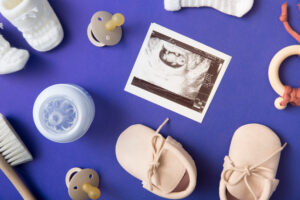As your baby moves past their first birthday, they’ll start to reach new milestones and experience a world of new things. From developing language and motor skills to expanding their social world, the second year of life is a time of rapid growth and change.
Here’s what you can expect during your baby’s second year:
Language Development
During their second year, your baby’s language skills will begin to develop rapidly. They may start using simple words like “mama” and “dada,” and begin to understand more complex language. Encourage their language development by talking to them frequently and reading books together.
Walking and Motor Development
Around their first birthday, your baby may start to take their first steps. As they continue to develop their motor skills, they’ll become more coordinated and confident in their movements. Provide a safe space for them to explore and practice their new skills.
New Foods
As your baby’s digestive system matures, they’ll be able to tolerate a wider range of foods. Introduce new foods gradually and watch for any signs of allergies or intolerances. Encourage healthy eating habits by offering a variety of nutritious foods.
Sleep Patterns
Your baby’s sleep patterns may start to change as they move into their second year. They may begin to drop naps or have trouble settling at bedtime. Stick to a consistent bedtime routine and provide a calm, relaxing environment to encourage restful sleep.
Social Development
As your baby begins to interact more with the world around them, they’ll develop important social skills. They may start to show empathy and understand other people’s emotions. Encourage their social development by spending time with other children and engaging in play activities together.
Toilet Training
Around their second birthday, some children may begin to show readiness for toilet training. Look for signs of readiness such as an interest in the potty and staying dry for longer periods of time. Encourage and support your child through the process, but don’t push them before they’re ready.
Developmental Delays
While most children will follow a fairly predictable pattern of development, some may experience delays in certain areas. Talk to your pediatrician if you have concerns about your child’s development. Early intervention can be key in helping children overcome developmental delays.
Conclusion
As you navigate the second year of your baby’s life, remember to enjoy the journey and celebrate all the new milestones and discoveries along the way.





